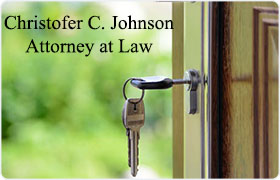Clayton Eminent Domain Lawyer, Delaware
Sponsored Law Firm
-
 x
x

Click For More Info:
-
Christofer C. Johnson, Esq.
1007 N Orange St 4th Floor Wilmington, DE 19801» view mapReal Estate, Foreclosure, Landlord-Tenant Get The Support You Need For Your Case
Christofer C. Johnson, Esq. has a track record of successful case outcomes and provides legal counsel for a reasonable price.
800-941-4370
Not enough matches for Clayton Eminent Domain lawyer.
Below are all Clayton Real Estate lawyers.
Mark F. Dunkle
Condominiums, Commercial Real Estate, Commercial Leasing, Defamation & Slander
Status: In Good Standing Licensed: 36 Years
I. Barry Guerke
Premises Liability, Personal Injury, Car Accident, Animal Bite
Status: In Good Standing Licensed: 51 Years
Kashif I. Chowdhry
Real Estate, Lawsuit & Dispute, Estate, Business
Status: In Good Standing Licensed: 22 Years
John W. Paradee
Real Estate, Government, Corporate, Administrative Law
Status: In Good Standing Licensed: 35 Years
Scott Emory Chambers
Real Estate, Municipal, Criminal, Accident & Injury
Status: In Good Standing Licensed: 11 Years
Erik Wells Yoder
Real Estate, Criminal, Commercial Bankruptcy
Status: In Good Standing Licensed: 22 Years
 Christofer Johnson Wilmington, DE
Christofer Johnson Wilmington, DE AboutChristofer C. Johnson, Esq.
AboutChristofer C. Johnson, Esq. Practice AreasExpertise
Practice AreasExpertise
